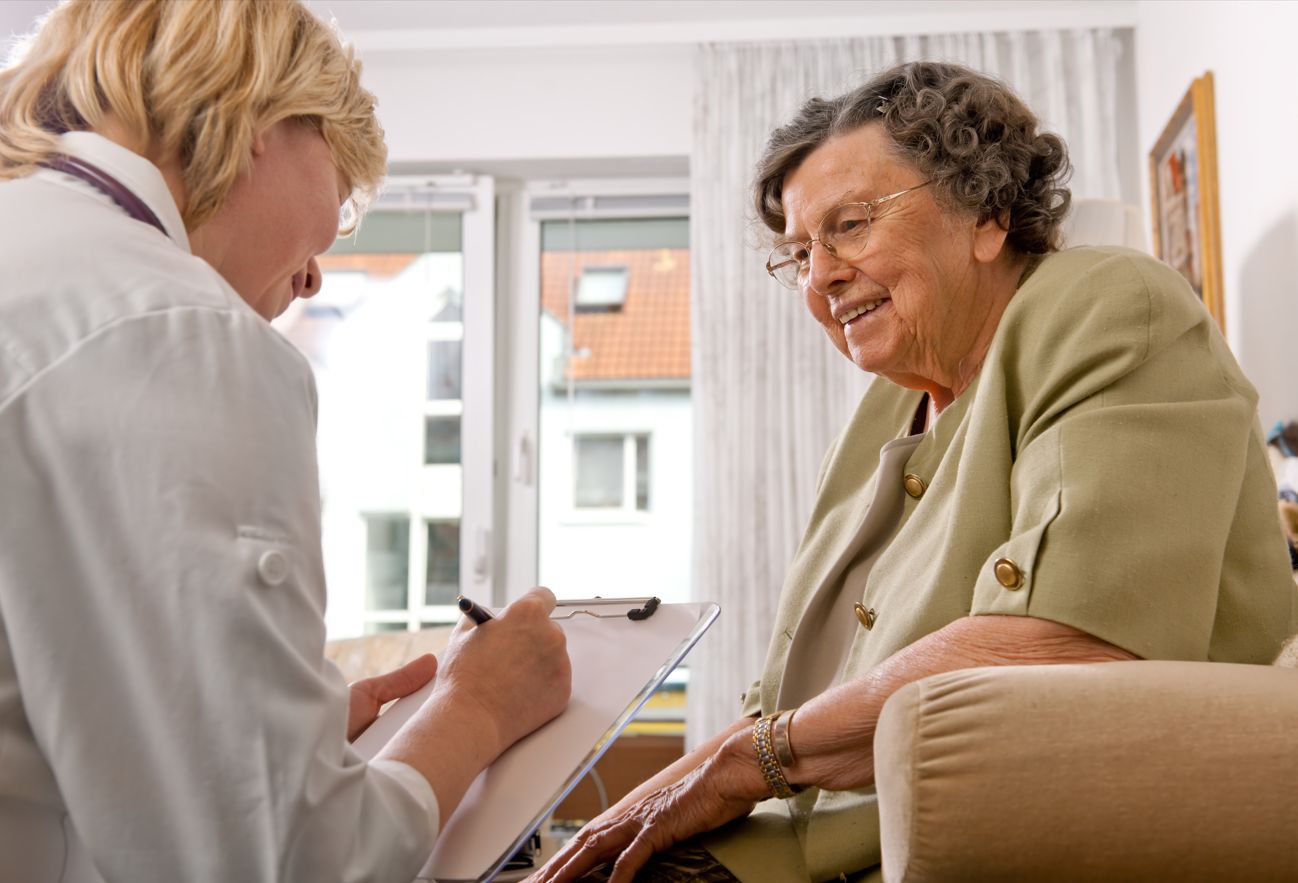
Enhancing Chronic Disease Management Through In-Home Patient Care
Chronic diseases are one of the most widespread health challenges in the United States, accounting for over 85% of healthcare spending. As these conditions continue to rise in prevalence, healthcare providers are under increasing pressure to find innovative ways to support their patients in managing their…










